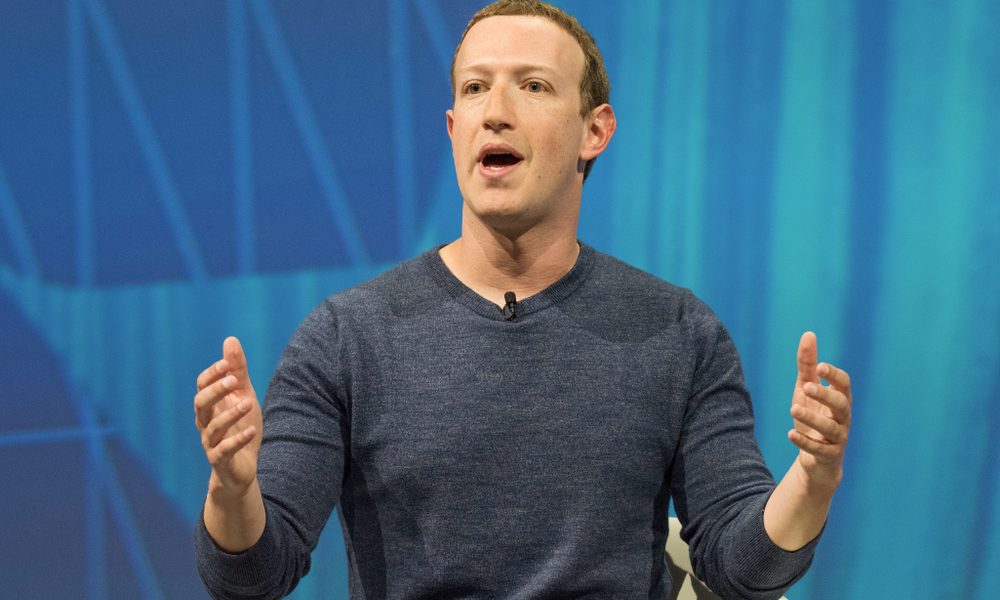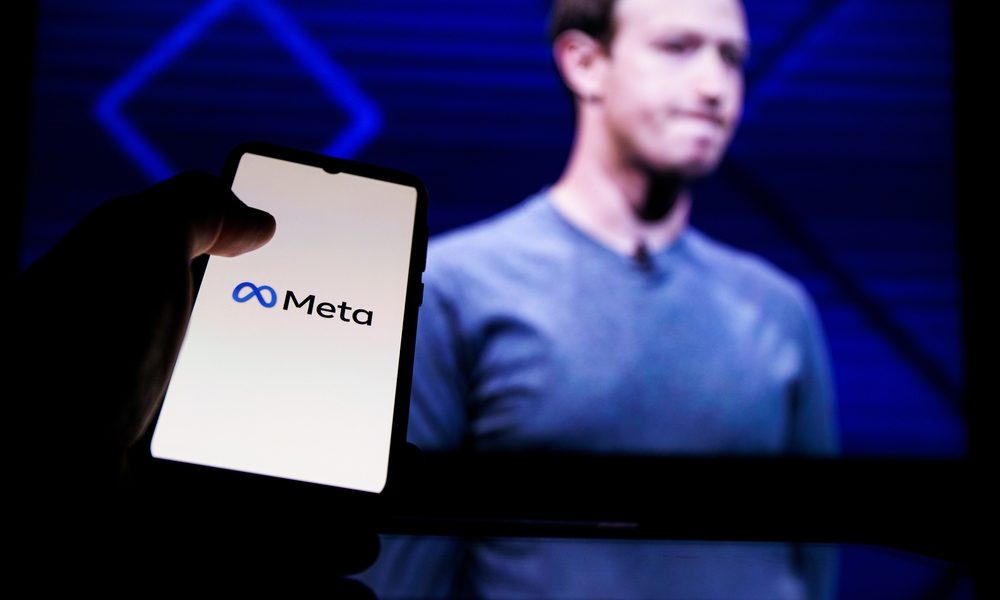Meta CEO Mark Zuckerberg has reportedly ordered the removal of tampons from men’s bathrooms across the company’s offices in Silicon Valley, New York, and Texas. The move, which affects restrooms previously equipped with tampons for trans and nonbinary employees, is part of a broader series of policy changes at the company that critics say signal a shift toward more anti-LGBTQ+ stances.
According to sources familiar with the decision, the removal of tampons is one of several actions in a sweeping series of changes that Zuckerberg has implemented in recent months. These changes, which some argue reflect a more conservative approach, have sparked outrage among employees and LGBTQ+ advocates.
A Shift in Meta’s Policies
The tampon removal follows other controversial policy changes at Meta, including the company’s decision to loosen its hate speech policies. Last week, Zuckerberg announced that the company would reduce its reliance on content moderators and fact-checkers, a move that will allow more controversial content to remain on its platforms. This includes content that may promote harmful rhetoric about LGBTQ+ individuals, such as referring to them as “mentally ill.”
Meta also recently ended its diversity, equity, and inclusion (DEI) practices in hiring, training, and supplier selection. These policies, which had been a key component of the company’s commitment to inclusivity, are now being rolled back. Additionally, Zuckerberg has reportedly authorized the deletion of nonbinary and transgender themes from Meta’s Messenger app, which had previously been available for several years.
Zuckerberg’s Comments Fuel Backlash
Zuckerberg’s recent actions appear to be part of a broader strategy to align the company with more conservative viewpoints, a shift that some believe is connected to the rise of Donald Trump’s political influence. In a recent interview with popular anti-LGBTQ+ podcaster Joe Rogan, Zuckerberg praised what he called “masculine energy” in business, while expressing optimism about Trump’s second term. Zuckerberg, a major political donor, is one of several tech CEOs who contributed $1 million to Trump’s inaugural fund.
The CEO’s public remarks have fueled speculation that his decisions at Meta are increasingly influenced by his personal views, as well as a desire to align the company with the political climate that has gained momentum under Trump’s influence. In December, Zuckerberg convened a series of confidential meetings with top executives to discuss these changes, a departure from the company’s traditional decision-making process, which typically involves broader input from employees and leadership.
Employee Reactions: Anger and Disillusionment
The policy changes have been met with widespread anger from Meta’s workforce, particularly among employees who identify as part of the LGBTQ+ community. One employee told 404 Media, “No one is excited or happy about these changes. And obviously, the employees who identify as being part of the LGBTQ+ community are especially unhappy and feel the most unsupported in this. A small number of people are taking time off and are sharing that they are considering leaving the company due to this change.”
Another Meta employee expressed frustration with the direction the company is taking, saying, “I find it very hard to understand how explicitly carving out which groups of marginalized people can have hate speech directed at them will be beneficial for the communities we hope to build on our platforms.”
Widespread Criticism from LGBTQ+ Groups and Public Figures
The changes have drawn sharp criticism from LGBTQ+ rights organizations and public figures, including President Joe Biden. Biden recently condemned Meta’s decision to remove fact-checking policies and loosen its hate speech guidelines, calling it “shameful” and expressing concern over the potential harm these changes could cause to marginalized communities.
LGBTQ+ advocates have voiced particular concern about the tampon removal, arguing that it is part of a broader pattern of erasing support for trans and nonbinary individuals. “It’s a clear message that the company no longer values the needs and rights of LGBTQ+ employees,” said one advocate, who requested anonymity due to the sensitivity of the issue.
Zuckerberg’s Political and Personal Views at the Forefront
Several reports suggest that Zuckerberg’s policy changes are not just a response to shifting political dynamics in the U.S., but also a reflection of his personal views. Sources close to the company say that Zuckerberg, emboldened by Trump’s political success, is now more openly expressing his conservative leanings. One insider stated, “He no longer wants to keep those views quiet, and he is pushing Meta to reflect that.”
The company’s pivot is seen as a direct response to what Zuckerberg perceives as a growing conservative movement in the United States, one that values traditional, “masculine” business practices and rejects what some view as the excesses of the previous era’s focus on diversity and inclusion.
Impact on Meta’s Reputation and Future
As Meta continues to roll out these controversial changes, the company’s reputation among its diverse employee base and the general public is being tested. Many employees fear that the company’s shift toward more conservative values will undermine the inclusivity that has been central to Meta’s image, especially among younger and more progressive demographics.
The removal of tampons from men’s bathrooms, in particular, has ignited conversations about the importance of maintaining inclusive policies that recognize the needs of transgender and nonbinary individuals. Critics argue that such moves could alienate a significant portion of the LGBTQ+ community and damage Meta’s standing as a tech leader committed to social progress.
While Zuckerberg’s decisions have sparked significant backlash, the CEO appears undeterred, confident that his approach will help position Meta for success in an increasingly polarized political climate. Whether this shift will pay off in the long run remains to be seen, as Meta navigates the complexities of balancing corporate values with the demands of an evolving social and political landscape.


